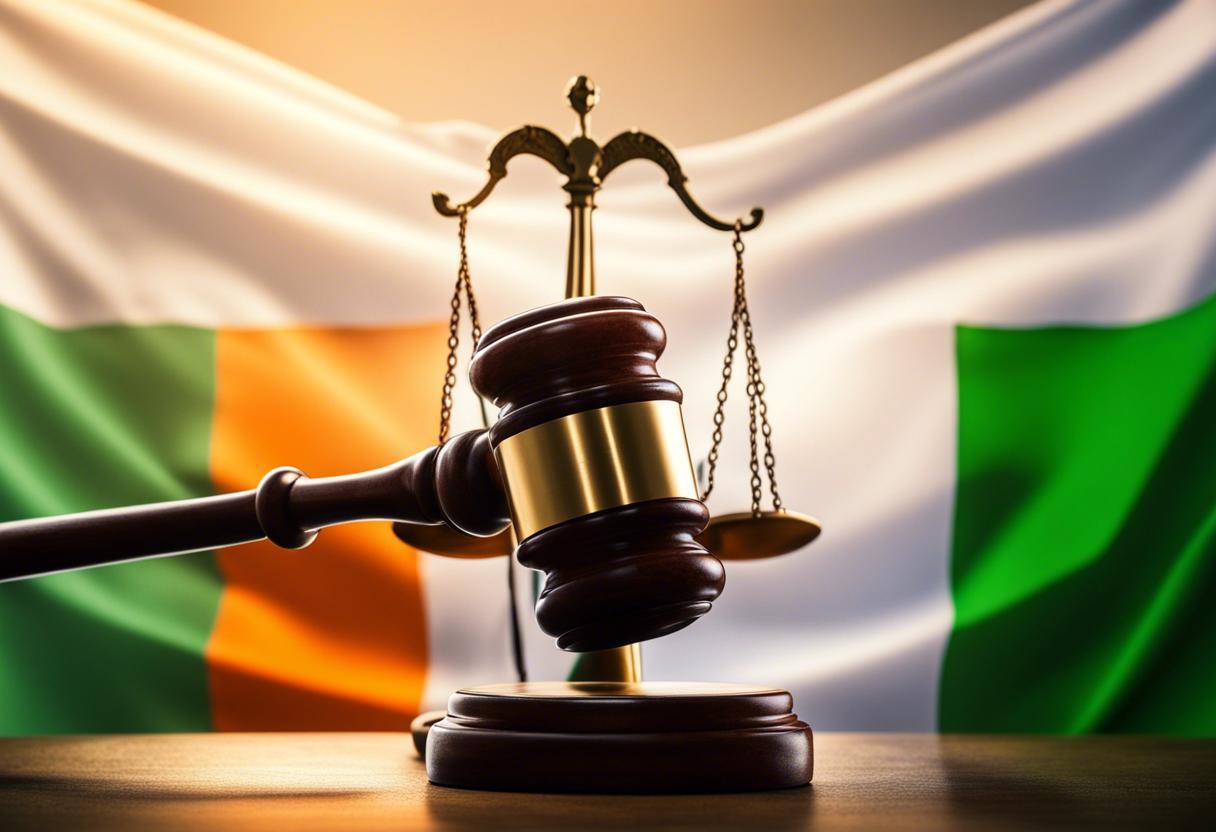Despite increasing racism, a growing far-right, and emerging anti-immigrant sentiments, a new law affecting naturalised Irish citizens has quietly passed this month. The Bill, named Courts, Civil Law, Criminal Law and Superannuation (Miscellaneous Provisions) 2024, was approved by the Seanad right before the summer break, with plans to alter parts of the Irish Nationality and Citizenship Act 1956, specifically those concerning the cancellation of naturalised citizenship.
The Irish Human Rights and Equality Commission has raised red flags regarding this legislation due to its adverse and significant impact on people it touches, including potentially leaving them without a country. The law also runs the risk of empowering a justice minister to misuse the cancellation of naturalised citizenship under unjustified or uneven situations. Despite these serious implications, the law cleared both Houses of the Oireachtas just a week after the relevant modifications were made public, drastically reducing the time available for proper pre-legislative examination. This left the Oireachtas members with practically no chance to ensure the incorporation of constitutionally valid safeguards.
According to the Commission, the new bill includes terms that might not meet the legal conditions prescribed by the Supreme Court in a previous jurisprudence, Damache v Minister for Justice. The court ruled in this case that decisions to revoke naturalised citizenship should meet high natural justice standards because of their significant implications for the individuals concerned. If the administration plans to use this authority only in cases of terrorism or fraudulently obtained citizenship, then the legislation should specify this.
We maintain our stance that this Bill’s defining test remains excessively ambiguous. For instance, an accusation of not demonstrating “loyalty to the nation and adherence to the State” can be subject to a broad spectrum of interpretations. Could this possibly culminate in a scenario where an individual’s nationality is withdrawn for openly opposing the government’s policies, or retaining dual citizenship with their homeland? Such serious nuances demand resolution through legislative comprehension rather than court proceedings, necessitating transparency and meticulous examination.
We also hold reservations about the proposed communication method by the Minister for individuals potentially losing their citizenship. A revocation notice can be posted on any digital platform registered to the person, say a governmental portal where they sought naturalisation years ago and barely follow up on. If they fail to read this message – within a fortnight – they could potentially lose the chance to request an inquiry panel to reconsider the Minister’s verdict.
Similarly, the legislation seems to overlook the fact that naturalised Irish citizens might be overseas visiting relatives when these stringent timelines roll out. It turns a blind eye to circumstances such as where these individuals may have disabilities, or are not fluent in English thus face obstacles while navigating official documents.
The grim implications of this are clear. A person’s citizenship could be lifted as quickly as six weeks, having no recourse. If the Minister’s notice is sent to a rarely accessed digital account, the citizenship could be taken away unbeknownst to them.
If a review is requested, they may not, in certain instances, receive the reasons behind the decision, the legislation allows the Minister to conceal their reasons on the grounds of national security. In effect, there’s no assurance that laws mandate the Minister to share any national security data forming the revocation basis with the inquiry committee. This considerably complicates the appeal process. This clause contradicts with the Supreme Court’s precedent that emphasises a person’s right to know the Minister’s reasons up to the minimum limit crucial for national security.
Instructing individuals that becoming a citizen of Ireland is identical to being born in the country, the State must solidify this by ensuring the rights for naturalisation citizens are virtually the same as birth citizens, in order to uphold the integrity of Irish citizenship. This viewpoint is shared by the Irish Human Rights and Equality Commission who have severe misgivings about the new proposed law, particularly considering the significant effect it could have on the people it touches.
Precedence of sparing use of this law offers no assurance regarding its employment in the future given the unpredictability of future administration make-up. If the intention of the Government is to invoke this power solely for terrorism and fraudulent citizenship cases, then the law should specify this.
Our apprehensions about this legislation have been shared with the Minister for Justice and we advise Helen McEntee that due to the ramifications involved, the law must be reviewed in the autumn. The law’s implementation could irrefutably lead to more legal proceedings. We require faith in our process for revoking Irish citizenship, most importantly for our naturalised Irish citizens. Unfortunately, the law does not provide this.
Justice Bryan McMahon, addressing the 2022 citizenship ceremony, remarked, “post this ceremony, none of us will have any additional legal rights than you. Our constitution states all citizens are equal. There are no differences between new and established citizens. We don’t have citizens of varying degrees. You fully belong to the citizenry and are deemed eligible for constitutional protection.” It would be prudent for society and the Government to contemplate his words.
The director of the Irish Human Rights and Equality Commission is Deirdre Malone.

